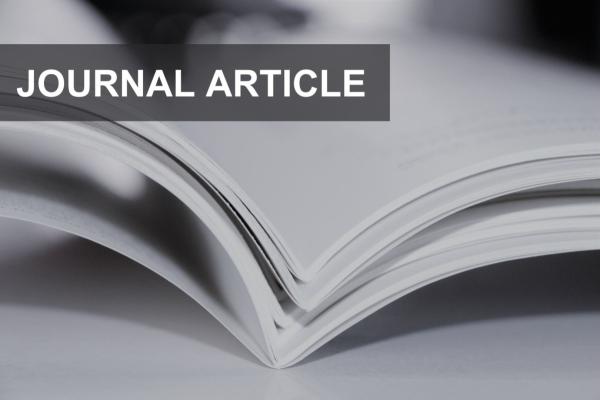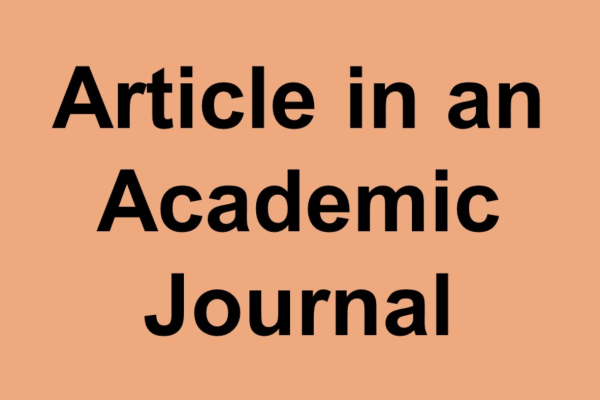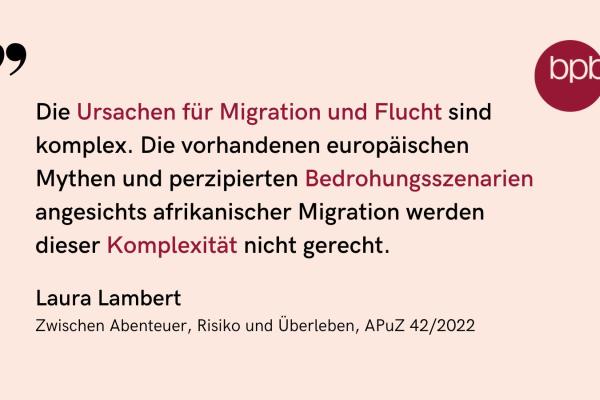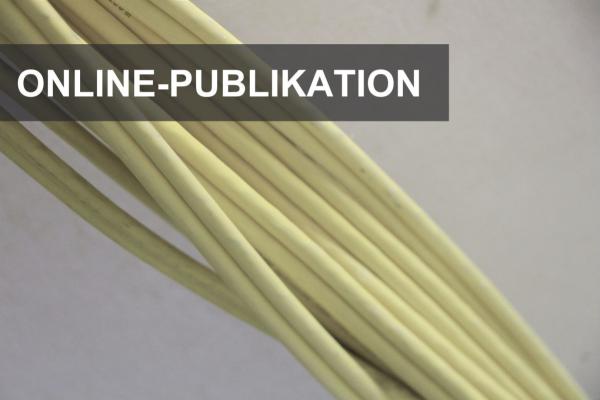Wissenschaftliche Publikationen
Das Arnold-Bergstraesser-Institut (ABI) veröffentlicht seine wichtigsten Forschungsergebnisse in hochrangigen referierten Zeitschriften, in renommierten Buchreihen sowie in Publikationen, die ein breites Publikum ansprechen - vollständige Auflistung unten. Die hauseigene Working Paper-Series (mit in-house peer review und language editing) unterstützt dieses Vorhaben. Mit dem International Quarterly for Asian Studies (vormals Internationalen Asienforum) publiziert das ABI eine wichtige referierte Open-Access-Fachzeitschrift der Asienforschung.
- International Quarterly for Asian Studies (continues Internationales Asienforum)(link is external)
- Projektberichte der Mitarbeiter*innen
- ABI Working Papers
- Mitherausgeberschaft des Africa Yearbook(link is external)
- Freiburger Schriften zur Politikwissenschaft
- Freiburger Beiträge zur Entwicklung und Politik
- Sonstige im ABI Verlag erschienene Bücher
Seitennummerierung
- Erste Seite
- Vorherige Seite
- …
- 6
- 7
- 8
- 9
- 10
- 11
- 12
- 13
- 14
- …
- Nächste Seite
- Letzte Seite






